As tensions flare once again in the Middle East, fueled by the ongoing conflict between Israel and Palestine and the fragile state of Syria, Wyoming Star (WS) spoke to Marshall Lentini, author of the book “CIVILIZATION CANNOT BE PERFECTED,” to explore his perspective on responsibility, ethics, and the potential trajectory of the region.
WS: Regarding the conflict in Israel and Palestine, who do you believe bears the greatest responsibility for its outbreak?
Lentini: I would call it a “permanent state of conflict” rather than a “war”. The latter assumes there is some normal state of affairs into which the two sides can settle and transcend their hostility;
This is inherently not the case for Israel and the Palestinians.
As for responsibility, it’s probably more useful to say “immediate” rather than “greater”, as, obviously, you can point fingers all day long all the way back to Balfour and Herzl. So, Palestinians would bear the immediate responsibility in recent events. But apportioning blame is a dead-end, no one is going to admit their own culpability, and there are always antecedent causes.
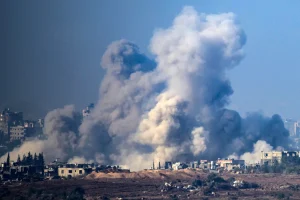
Source: AFP/Getty Images
People love to lay blame and fixate on one agent as “the cause” of everything. It accomplishes nothing beyond the minor emotional fulfillment of whoever is laying blame.
WS: How should we think about the ethical responsibility for the civilian suffering we’re witnessing?
Lentini: We definitely should not sit around thinking that we are responsible in any way. We did not put Jews in the Levant, we did not open fire on the Nova festival on October 7.
If anyone bears responsibility, it’s those directly involved and those indirectly, e.g. weapons suppliers to Hamas. Israelis themselves want a state, and don’t want to solve the Palestinian problem in some definitive way, so they are “responsible” to that extent.
It seems that now they’re on a permanent warpath and want to be totally done with it, but there’s still the issue of millions of displaced people. If you can’t put them somewhere else, the problem continues.
WS: Do you believe the actions of either side can be justified under international or moral law?
Lentini: Palestinians actions would be a harder row to hoe legally, although I guess the argument could made that defending oneself from occupation is defensible in The Hague. This obviously applies to other conflicts.
Unfortunately, geopolitics takes precedence here – if Israel ever “occupied” Palestine, that time is long over; it is a fully-fledged state with nuclear warheads that is going nowhere and must be reckoned with as such.
Israel’s own justifications are a bit thinner to my ears, because it was they who interposed themselves in the first place, but all that is settled, and it’s time move past the Palestinian problem somehow.
WS: What role should the international community play from an ethical standpoint, and are they doing enough?
Lentini: I would prefer a government that does not feel so beholden to rescuing everyone, or only inasmuch as it affects that country’s concrete national interests, and not just calling every heavy-handed action “in our national interests” — which America loves to do, usually with scant or precisely zero connection between the target and concrete American interests.
It is almost always the interests of some private connection within the Democratic Party, to be frank — e.g., the Biden administration and Ukraine, an obvious pay-to-play affair.
For me, ethics takes a backseat to practical matters. If it’s disrupting global trade, or impinging on a peaceful state’s right to go about its affairs, then other states may consider getting involved. Unfortunately, disruptive practices, such as the sphere of “defense contractors” – one of the greatest euphemisms of all time – are built in to global trade, so there’s no absolute way to stay out of intervention or alignment.
Turkey is, in this regard, a major stumbling block, with a highly complex web of ties requiring everyone to think a few degrees of separation back to their interests.
WS: How do media narratives shape public perception of right and wrong in this conflict?
Lentini: I’m not sure anymore as I am so inured to bias that I barely perceive it, sort of like Neo finally perceiving the Matrix as binary, and of course it depends on what you’re reading. I generally avoid any outlet that is going to cry about Palestinians or crow about Israeli operations in Gaza. Although what happens there has consequences for the world, I don’t lose sleep over it.

Again, for me, right and wrong is irrelevant here. The question is rather how long we want to see this cycle play out. I think everyone now agrees that the fabled “two-state solution” is now completely out the window — it was always a myth that the “global community” told themselves to avoid a final reckoning.
Now we will see if Israel, America, the Muslim nations, and Europe can come up with a better solution than “shove millions of Arabs with rabid hatred of Jews into two little pieces of land and hope for the best”.
WS: Shifting gears, with the fall of former Syrian President Bashar al-Assad and the emergence of a new government, how would you describe the current state of Syria?
Lentini: What’s the word media likes to use – “fragile”?
WS: What are the main challenges this new leadership faces in rebuilding the country, both politically and socially?
Lentini: I am not qualified to talk about this, honestly. I would guess it’s more or less the same — Kurds in the northeast, Turkey-backed rebels in the north, Israeli airstrikes, whatever anti-Shia attitude lingers in HTS.
WS: Do you believe Syria has a real chance at long-term stability and reconciliation, or are deeper divisions still looming?
Lentini:
Probably not. I don’t know why we should expect a 180 here.
But it can’t get too much worse than what happened under Assad. I guess the question is rather, what do we expect to happen? what is the best outcome — something like Lebanon? It certainly won’t be the Switzerland of the Levant.
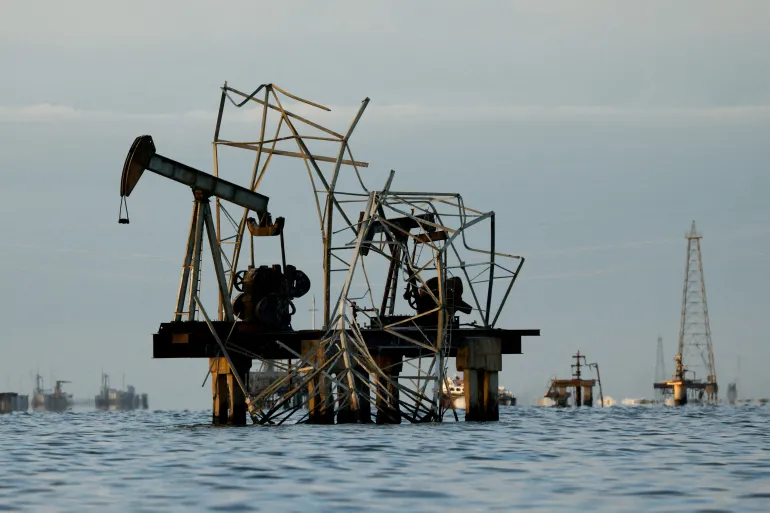
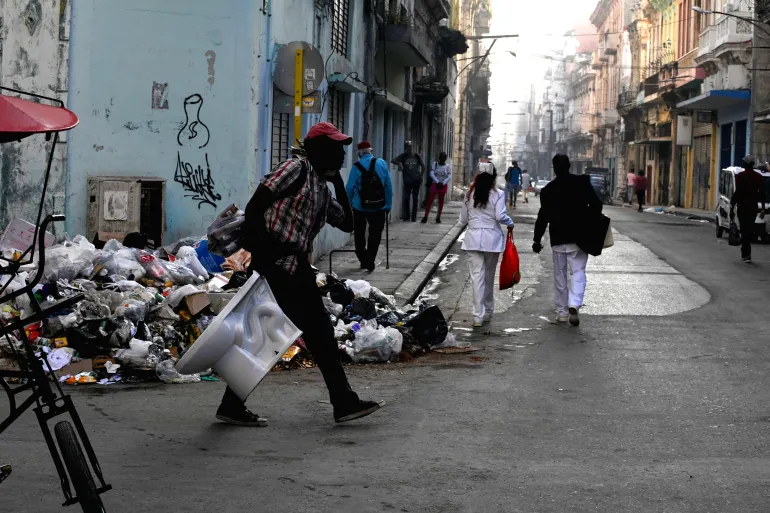
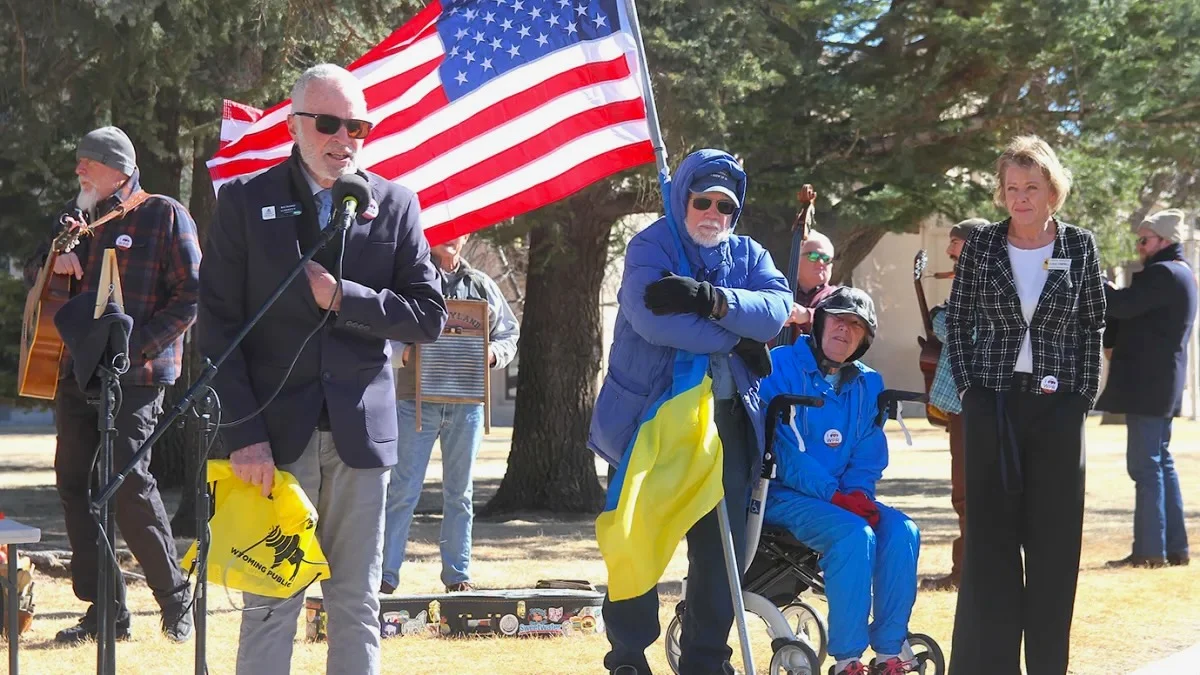
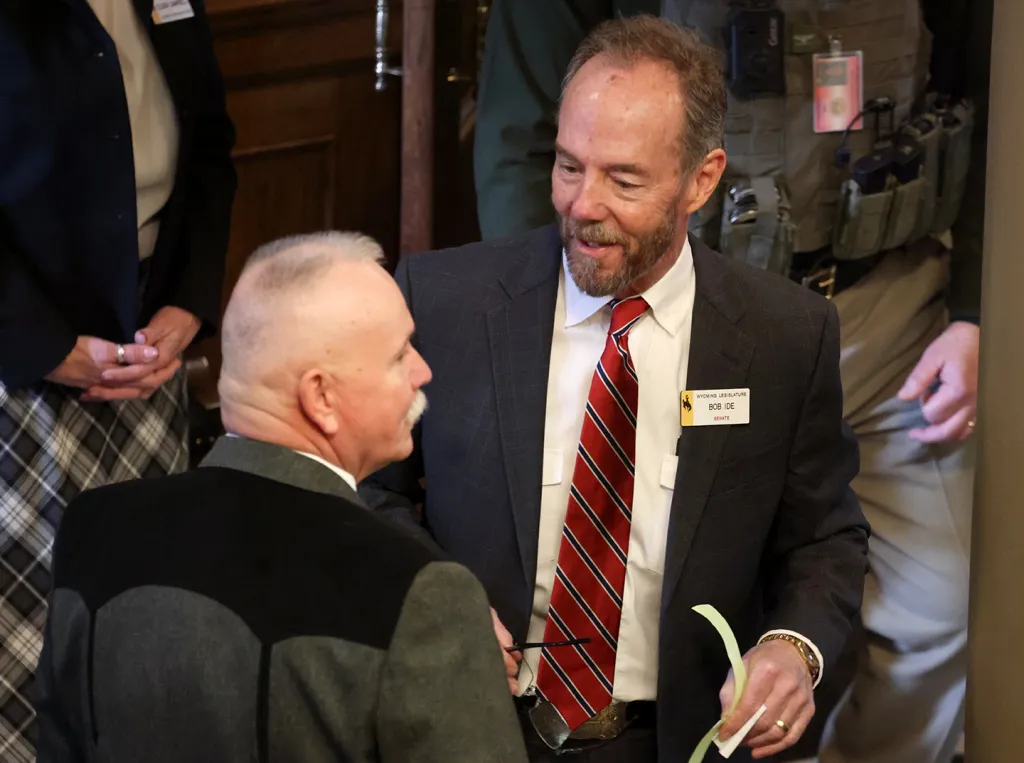

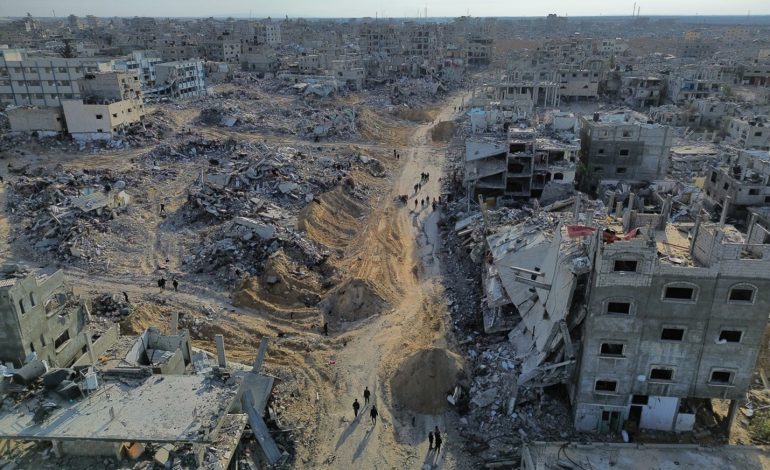




The latest news in your social feeds
Subscribe to our social media platforms to stay tuned